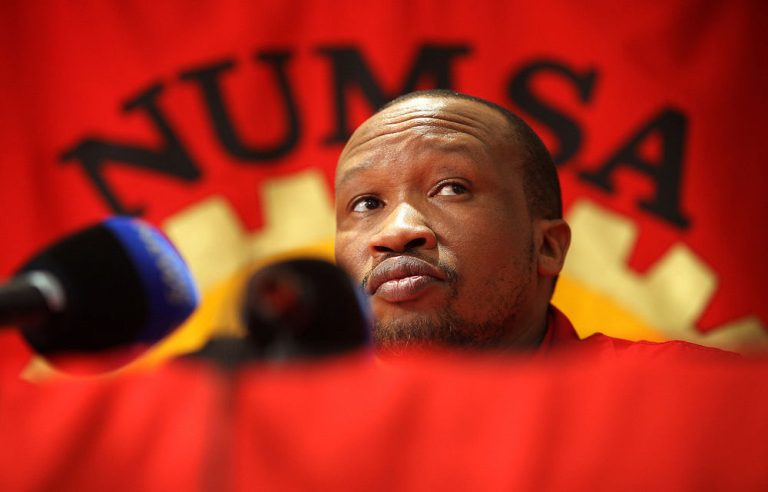The National Union of Metalworkers of South Africa (Numsa) has strongly urged the government to take decisive action by formulating a robust industrial policy to address the alarming trend of job losses and deindustrialisation in the country.
During a recent address, Numsa General Secretary Irvin Jim emphasised the need for increased duties on imported vehicles and called for foreign vehicle brands to establish manufacturing operations in South Africa if they wish to sell their products in the local market. He highlighted the importance of creating a clear definition of what constitutes real manufacturing, rather than policies that merely subsidise cheap imports.
Jim pointed out the significant rise of Chinese car brands in South Africa, noting that their market share has climbed from 0.7% in 2018 to 13.5% by May 2025. He expressed concern over the growing trade deficit with both China and India, urging the government to rectify this imbalance. In 2018, imports from these nations constituted less than 1% of South Africa’s trade, but by 2025, this figure had surged to approximately 26%.
The union leader insisted that the government must act decisively to promote local manufacturing and meaningful localisation. He proposed a moratorium on retrenchments in the automotive sector and broader economy, alongside introducing incentives to protect jobs and make protective decisions for the automotive industry.
Jim highlighted the concerning statistic that 63% of vehicles sold in South Africa are imports, and he has consistently called for government intervention to insist that foreign brands establish local plants and commit to increased localisation. He argued that even a modest increase in localisation could inject substantial economic opportunities into the component value chain, helping to mitigate job losses.
The automotive sector has been experiencing significant job shedding over the past two and a half years, with layoffs reported in five of the seven original equipment manufacturers (OEMs). Jim noted that many workers have faced layoffs or shortened hours, with a concerning number of component plants shutting down, leading to thousands of job losses.
He pointed out that the closure of companies like Goodyear has already cost nearly 900 jobs, and Numsa is actively collaborating with the Department of Trade, Industry and Competition to reopen the plant. Jim described the current job losses as a “cancer” resulting from the automotive sector’s dependence on a global economy undergoing structural changes.
He attributed the challenges faced by the automotive industry to broader global economic headwinds and inward-looking tariff policies from other countries, which have reshaped trade dynamics unfavourably.
Minister of Trade, Industry, and Competition, Ebrahim Patel, did not shy away from acknowledging the difficulties the automotive sector has faced in recent years, particularly noting the 30% tariff imposed on South African imports into the US. However, he expressed optimism about the potential for South Africa to play a significant role in emerging markets, particularly in component manufacturing.
Patel highlighted the country’s rich deposits of critical minerals essential for battery production, suggesting that South Africa has a unique opportunity to move beyond exporting raw materials to develop a competitive local battery manufacturing sector.
He concluded by stating that success in these endeavours could safeguard export markets while creating thousands of skilled jobs, fostering innovation, and enhancing South Africa’s role in the green industrialisation narrative across Africa.


